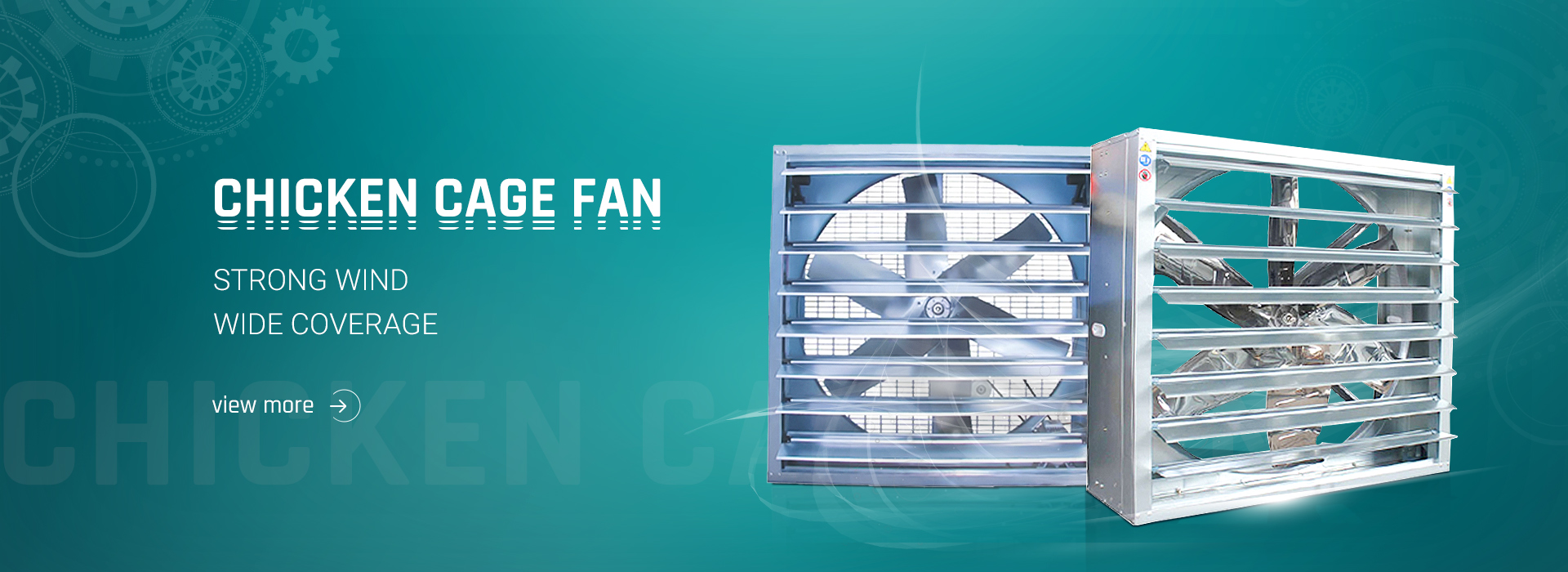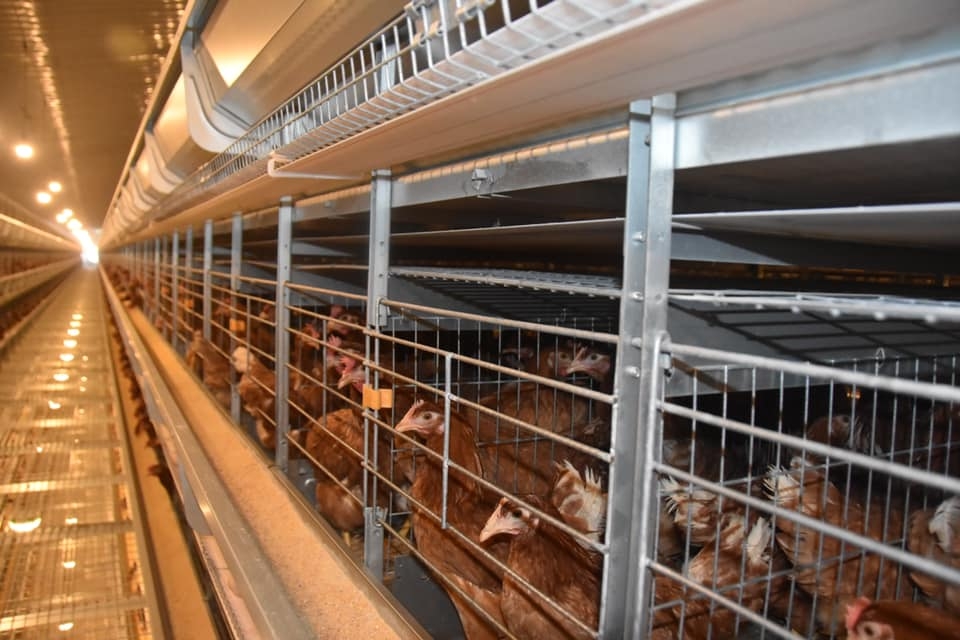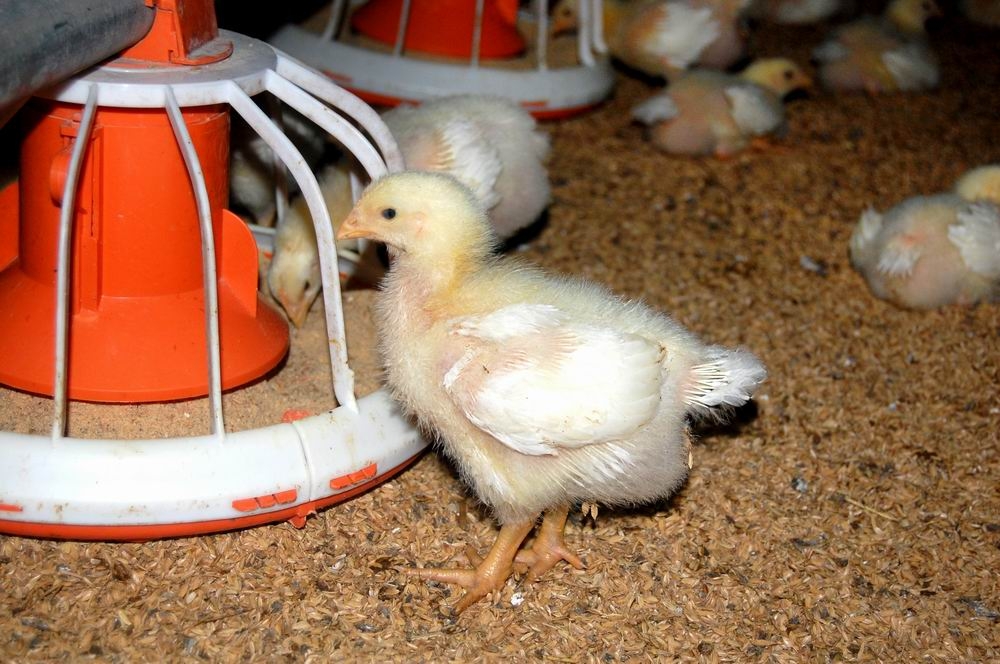Chickens have poor adaptability to bad environments and are prone to disease and death. In order to improve the survival rate of chicks, let’s talk about how to raise chicks, that is, several issues that should be paid attention to when feeding chicks.
1、there must be a suitable temperature
The normal body temperature of chickens is around 42°C on average. Newly hatched chicks have thin and short fluff and poor cold resistance. When they are cold, they will have diarrhea, and if they are too hot, they will catch a cold. Generally speaking, a one-week-old chick is suitable for a temperature of about 30 °C, and a two-week-old chick is suitable for a temperature above 20 °C. After one month, it can adapt to the outdoor temperature and can move freely outside the house.
Whether the temperature is suitable or not can be judged by the behavior of the chicks. For example, the chickens are evenly dispersed, do not gather in a pile, and eat lively, indicating that the temperature is suitable. too high.
2.The air should be fresh
Chickens have high body temperature, fast breathing and strong metabolism. Therefore, while keeping warm, we should also pay attention to ventilation so that the chickens can breathe fresh air. At noon on a warm sunny day, let the chicks move in the sun to prevent soft feet.
3. Careful feeding
It is best to start feeding the chicks 24 hours after hatching. It is necessary to feed easy-to-digest feed and a certain amount of green feed. The feed can be ground into pieces first, and then fed after half-cooking, and mixed feed can be fed if conditions permit. The chicks are allowed to eat freely for the first three days, and the chicks learn to forage as soon as possible.
After three days, feed 6 times a day, and then gradually reduce the number of times. The feed should be mixed into a semi-dry and semi-wet state. Feeding green feed, you can start with less and later, but it should not exceed 40% of the total feed. The chicks who have just hatched should drink warm boiled water, and they should also be fed some 1% salt water.
4. Scientific management
First of all, it is necessary to do a good job of hygiene, remove residual feed every time feeding, keep the trough clean, do not feed moldy and spoiled feed, dry the chicken house, pay attention to epidemic prevention and disease prevention, and inoculate chicken pox and vaccine in time.
Post time: Jun-15-2022





